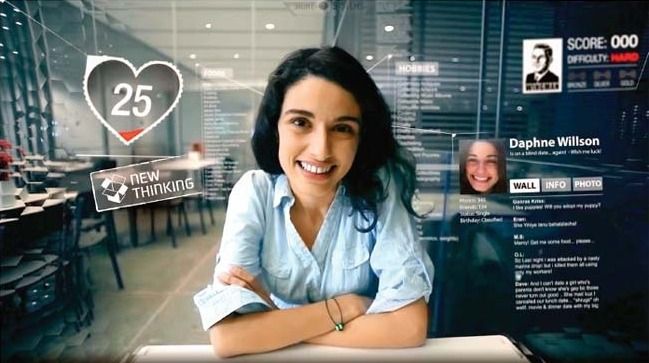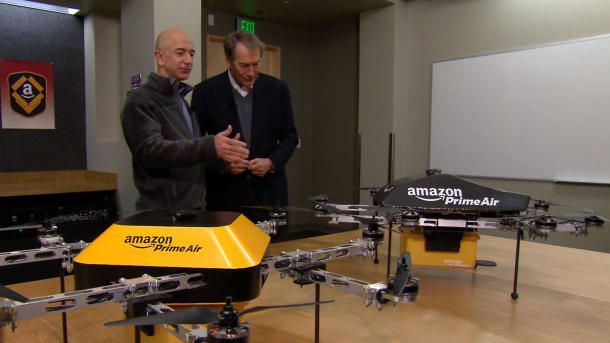Dec 2, 2013
Kurzweil Accelerating Intelligence — Remote virtual surgery via Google Glass and telepresence
Posted by Seb in categories: biotech/medical, robotics/AI
A University of Alabama at Birmingham (UAB) surgical team has performed one of the first surgeries using a telepresence augmented reality technology from VIPAAR in conjunction with Google Glass.
The combination of the two technologies could be an important step toward the development of useful, practical telemedicine.
VIPAAR (Virtual Interactive Presence in Augmented Reality) is commercializing a UAB-developed technology that provides real-time, two-way, interactive video conferencing.












